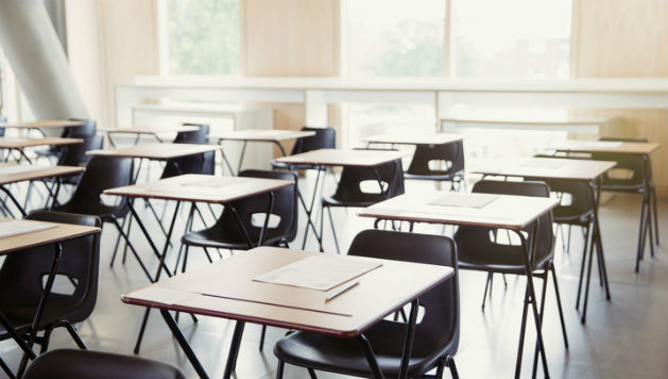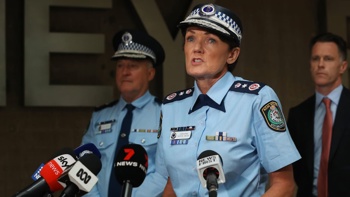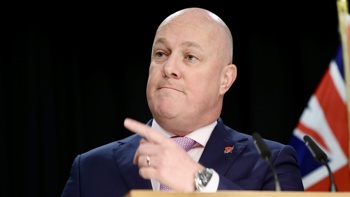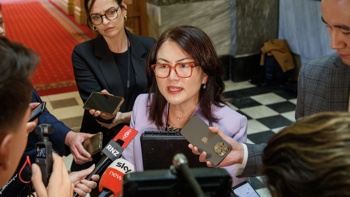
The Ministry of Education is surveying schools to find out whether they could cope with teaching online if they have to close their buildings due to coronavirus.
A newsletter sent to principals today says ministry staff will ring all schools over the next two days to check their capacity to cope.
"One of the things we are working on is what will be needed to ensure students are able to continue learning should their school or kura be closed for a period of time due to Covid-19," it says.
"We have done a bit of thinking in this area already but as part of our planning we need to get a good idea of what support you and your students will need.
"To do that we need to know what you already have in place and what some of the obstacles might be so that we can work our way through dealing with them – or at least seeing what we can do to help you.
"Over the next two days one of our staff will ring you to get your answers to the following questions:
"1. Does your school or kura have the ability for teachers to provide online learning? Can they do that from home?
"2. What are the main barriers to providing online learning?
"3. How many of your students wouldn't be able to access a device to participate in online learning at home?
"4. Could your school or kura provide devices for students to take home while the school or kura was closed if it was needed?
"5. Estimate the number of families that do not have internet access at home?
"6. Are there any other issues that you think we need to look at?"
The survey came as Principals' Federation president Perry Rush was meeting ministry officials today to seek a contingency plan for possible school closures.
An update today by the United Nations children's agency Unesco says 56 countries including China, Japan and much of Europe have now closed all their schools, forcing 516.6 million students to stay home.
A further 17 countries, including India, Brazil, Russia and the United States, have implemented localised school closures.
NZ Ministry of Education deputy secretary Katrina Casey said the ministry was "planning for temporary school closures as part of our broader Covid-19 planning" and the survey of schools was "to understand what support they or their students will need in this situation".
"We are in a position to respond quickly, as we did with the four schools in Auckland who had cases linked to/connected with but not in their school," she said.
Rush said there was "no imminent threat of school closures".
"The virus is being managed, so this is the time to make sure we have good planning in place that caters for all of the eventualities," he said.
He said the ministry was working on possibly providing both digital and non-digital resources for schools to use with students during any physical school shutdown.
Another group was looking at how to minimise disruption for senior students studying for the National Certificate of Educational Achievement (NCEA).
NZ Educational Institute president Liam Rutherford said he expected that any closures in New Zealand would be localised.
"The virus seems to move in clumps, so it's more likely that where you have an intensity that you will see schools closed for a short period of time," he said.
"We have some genuinely isolated parts of the country where it's unlikely the coronavirus is going to get to."
He said other countries where schools had closed were providing educational programmes remotely, and many NZ schools were already well set up to communicate with students and families online.
"So I think, if we did come up with that [closing physical schools], schools would cope because it would be an extension of what good teaching and learning is already doing," he said.
Otago University public health professor Michael Baker said closing schools and public transport were part of the "standard plan" for containing pandemics, but they were "at the extreme end" because of their social and economic disruption - likely forcing many parents to stay home from work to look after children.
"It's taking people out of the workplace, and also what do all those kids do?" he said.
"They may hang around together. You have to think through all the consequences."
Although most people who have died from coronavirus so far have been elderly and very few children have been hospitalised, Baker said children "are infected just as much as adults but they have a much milder illness".
"It's early childhood and primary schools that may be particularly important - with secondary school the jury is out - because young children have very few symptoms, therefore normal testing and isolating cases doesn't work so well for young children," he said.
"School closures are very effective if you have an intense pandemic spread, but the timing is very important because they are so disruptive.
Take your Radio, Podcasts and Music with you









